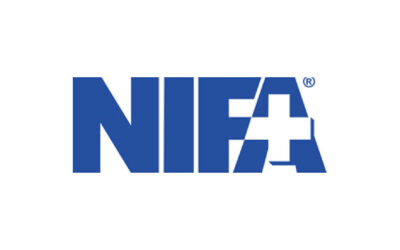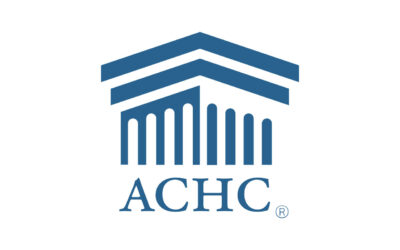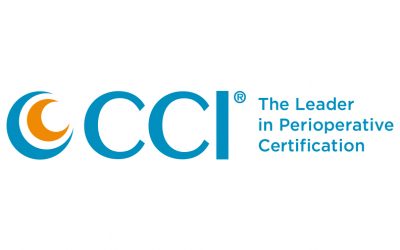
By James X. Stobinski, Ph.D., RN, CNOR, CSSM(E), CNAMB
In April, I attended the second American Nurses Credentialing Center (ANCC) Practice Transition Accreditation Program (PTAP) Symposium along with hundreds of nurses from around the globe. For those not familiar, PTAP is the ANCC’s program, “ … for residency or fellowship programs that transition registered nurses (RNs) and advanced practice registered nurses (APRNs) into new practice settings.” Although relatively new in the world of nursing, this accreditation program has experienced phenomenal recent growth as health care facilities realize the long-term value of quality residency and fellowship programs. The work of preceptors was prominently featured at the symposium, and this caused me to reflect on the role of nurse preceptors in the perioperative nursing specialty.
To familiarize readers with the terminology, the PTAP program defines RN residency programs as those used with nurses with less than 12 months’ experience and RN Fellowships as programs for experienced nurses who transition to new clinical settings. Each of these types of programs are relevant for perioperative nurses. Often nurses who come to work in the OR have experience in other units and fellowship programs are used. Increasingly, however, facilities are hiring nurses directly into the OR as they complete their pre-licensure training. In this scenario, a residency program can be used to facilitate the transition to practice.
The salience of programs used to facilitate entry into the complex specialty of perioperative nursing is well-established as is the role of preceptors in this learning process. Many of us can still remember our initial education and training and the many hours spent with experienced nurse preceptors as they shared their wisdom. A prominent feature of orientation programs for perioperative nurses has been the use of extended periods, typically months, of precepted learning experiences for nurses new to the OR. A nurse must master a large body of knowledge and numerous skills in becoming a perioperative nurse. The importance of preceptors in this transition cannot be overstated.
Prior to the ANCC PTAP programs, the lack of an accreditation program for residency and fellowship programs was noteworthy. There are numerous programs and curriculum offerings for perioperative nurses in the market. But the individual health care facility has considerable flexibility to design programs to meet their facility or system needs and many develop their own programs. The net result is a decided lack of standardization in orientation processes. The ANCC PTAP program provides much needed standardization and accreditation processes to this diverse landscape. The prominence of the role of preceptors in the PTAP program is a welcome development for our specialty and it provides an opportunity.
As a credentialing body closely associated with perioperative nursing, CCI sees a prospect for synergy with the critical work of perioperative nurse preceptors. Consistent with accreditation standards that frame our credentials such as CNOR and CFPN, CCI believes that quality materials and programs supporting perioperative preceptors based in the current evidence would benefit the perioperative nursing community at large. CCI, in 2022, will begin offering additional resources to preceptors with the PTAP accreditation program in mind. As with our certifications, these resources will be based on job analysis findings.
The demand for surgery continues to increase and we are bringing in large numbers of nurses to the specialty. The work of perioperative nurse preceptors is essential to the future of our profession. CCI wishes to apply its expertise and resources to support this work. If you are attending an upcoming conference, please stop by our booth and share your thoughts on this topic. We look forward to hearing from you.
Reference
American Nurses Credentialing Center. (2021). Practice Transition Accreditation Program (PTAP) Accessed June 29, 2021 at: https://www.nursingworld.org/organizational-programs/accreditation/ptap/









